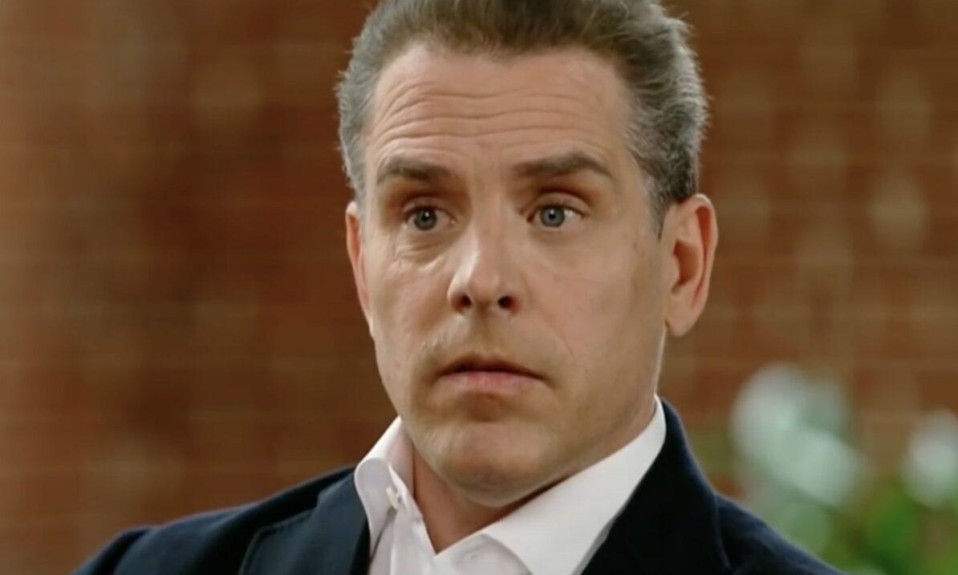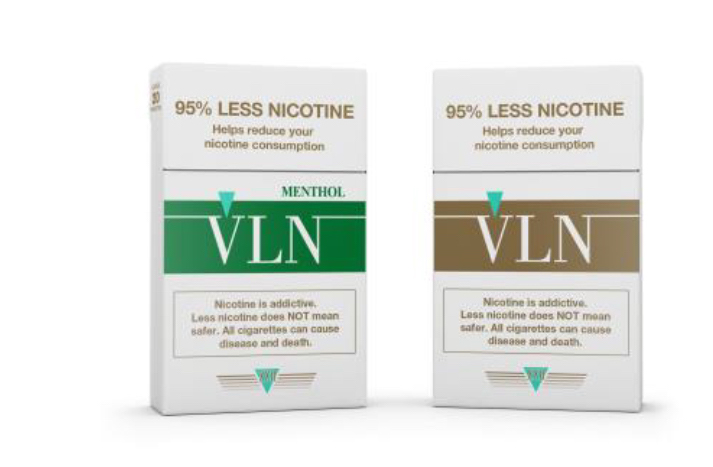TreatmentMagazine.com examines what a sampling of news outlets got right and wrong regarding the language of addiction
By Jason Langendorf
April 15, 2021
The recently released book Beautiful Things by Hunter Biden, son of President Joe Biden, has sent the media machine into overdrive, spinning phrases and dredging up old tropes about addiction. Admittedly, Hunter Biden often can be found guilty of this himself in his memoir, but people with addiction deserve some latitude to describe their own experiences.
It would have been ideal for Biden to choose his words more carefully and set a better example with his approach in the book, but his overall characterization of his substance use and addiction evokes sympathy and mostly strikes the right tone. Meanwhile, many members of the media—writers and editors who should know better—stumbled or failed miserably in navigating the language of addiction. Others knowingly trod into territory that perpetuates old stigmas and reinforces biases against people with addiction.
Below, TreatmentMagazine.com examines a slice of the media coverage that met Biden’s Beautiful Things, noting what various outlets got right and what they got wrong and pointing out where they—and everyone else, including this website—can do better in characterizing drug use, addiction and recovery.
‘There are three things you should know about this crackocalyptic memoir’ is an actual line in the [NBC] story. Coining a jokey word … is a strange and cringe-inducing choice in what is meant to be a serious review about a serious subject.
USA Today
David Oliver
What it got right: “His alcohol and drug addiction sent him spiraling for years.” Calling someone an “addict” or “alcoholic” is more economical than calling him a “person with addiction,” and such economy is often important in news settings—especially newspapers, where word counts and column inches are like gospel. But it’s a significant distinction.
What it got wrong: “With the encouragement of his father, he again went to get clean.” Colloquially, “clean” is used to describe someone’s sobriety, and it’s a mistake that even people with addiction often make. The obvious implication is that addiction or substance use is “dirty,” and therefore so are the people who struggle with addiction or substances. It’s an unfair stigma, and experts are even steering away from the word “sober,” which has a softer but similar connotation.
Additionally, USA Today mentions that Biden “later learned how to cook drugs and spent a lot of time with thieves, addicts and con artists.” Here’s a place where “addicts” is a better fit for the cadence of the line than “people with addiction,” but it’s a terrible choice in this context, in that it equates the condition of addiction with a moral failing or even criminality, along the lines of stealing or grifting.
The New York Times
Elisabeth Egan
What it got right: “Biden doesn’t make excuses for his addiction, but describes feeling ‘alone in a crowd.’” The Times describes Biden’s addiction here as a condition, rather than calling him an “addict.” It may seem a small thing—and, it should be noted, the story gets it wrong in more than one subsequent instance—but using the word “addict” rather than “person with addiction” mistakenly allows the disease to define the person.
What it got wrong: “Readers follow Biden weaving through a Los Angeles homeless encampment, looking to score his next hit.” This description seems to go out of its way to draw a negative association between drugs and the homeless. And it certainly takes an over-the-top route to characterize Biden’s search for drugs. “Looking to score his next hit” not only sounds like a bad outtake from a canceled TV cop drama, but it unnecessarily sensationalizes the act.
Boston Herald
Grace Curley
What it got right: At one point, the Herald describes Biden’s “struggles with drug addiction.” Well done.
What it got wrong: At nearly every other turn, the story manufactures ad hoc political takedowns of Biden (as well as, oddly, talk show host Jimmy Kimmel) and intertwines them with transparent guilt-by-association addiction tropes:
In discussing Biden’s appearance on Kimmel’s show, Curley writes, “The talk show host didn’t get a chance to ask Hunter about his business dealings in the Ukraine or who the ‘Big Guy’ really is, or why Hunter’s book didn’t acknowledge his child with D.C. stripper Lunden Roberts, or why Hunter’s sister-in-law/ex-lover Hallie threw away his revolver in a trashcan across from a high school in Wilmington, Del.” The phrases “D.C. stripper” and “sister-in-law/ex-lover” are delivered as a character smear—of all involved, in fact—the implication being that a person who was not in the throes of addiction wouldn’t make choices the writer clearly views as lurid and wrongheaded.
NBC News
Beau Friedlander
What it got right: The story describes Biden’s “struggles with drug addiction.” Fair play. But even an outlet that might be described as friendlier to Biden and his family than conservative outlets like the Boston Herald and Fox News can paint him, and people with addiction in general, in a bad light with a few poorly chosen words.
What it got wrong: “There are three things you should know about this crackocalyptic memoir” is an actual line in the story. Coining a jokey word to get a crack reference in—especially as the writer brings up the drug or invokes the word “crackhead” at least five other times in the piece—is a strange and cringe-inducing choice in what is meant to be a serious review about a serious subject.
Fox News
Gregg Jarrett
What it got right: Frankly, we had trouble finding anything. From start to finish, Jarrett pens a deliberate hit piece, attacking Biden as a person, a quasi-political figure and someone with addiction.
What it got wrong: It’s difficult to sum up just how deep in the muck Fox News is willing to wade to smear Biden, but this short paragraph does it for us:
“Hunter seems determined to embrace the mantle of victimhood by seemingly pretending to wallow in the self-loathing of his drug addiction. There is plenty to loathe. His morally bankrupt decision to have an affair with his dead brother’s wife is only a small part of it.”
There are too many poorly conceived associations to count here, and painting Biden as someone who embraces “the mantle of victimhood” serves to paint every person with addiction using the same brush. It’s gross, sensationalized and six-ways-from-Sunday wrong. Worst of all, it feels deliberate.














